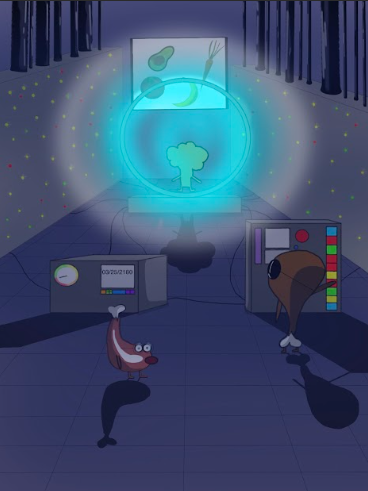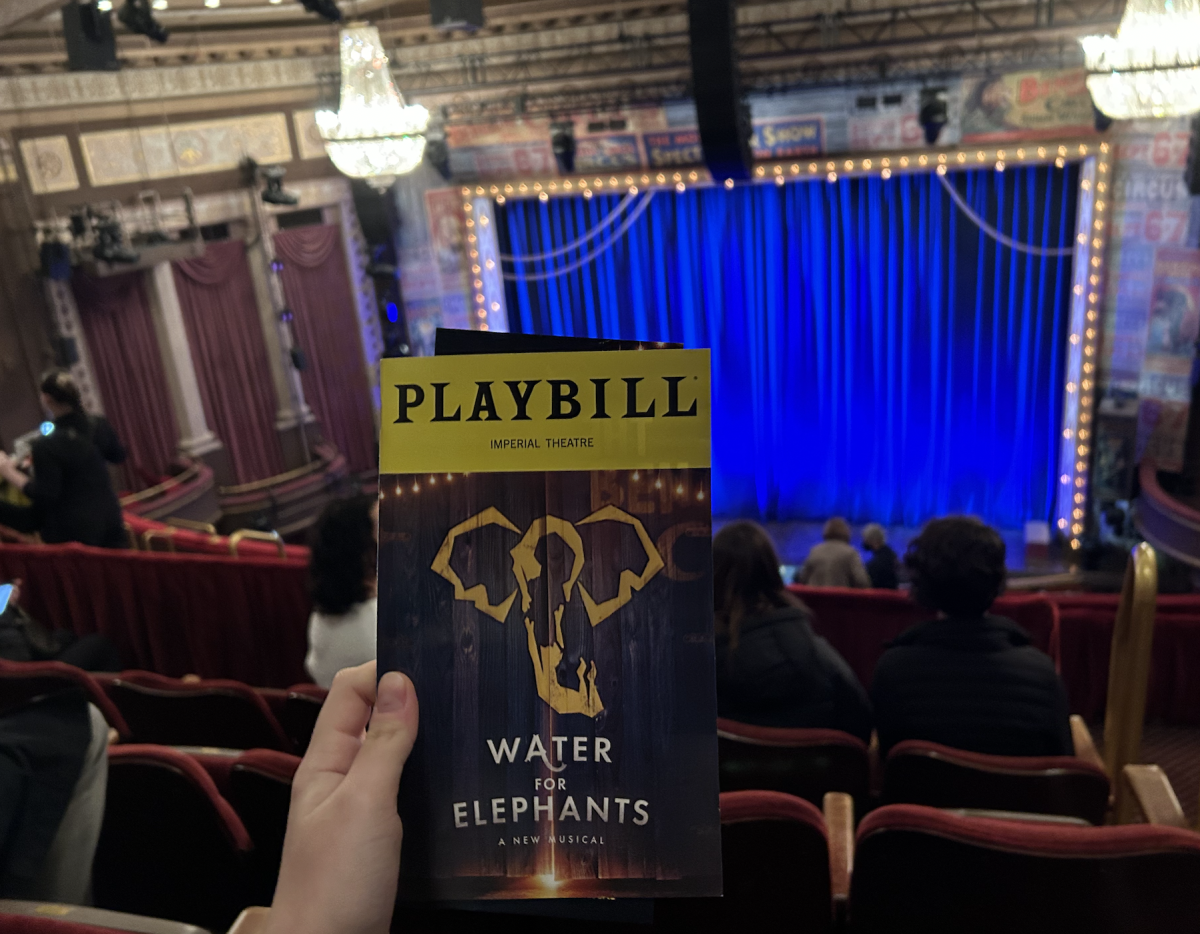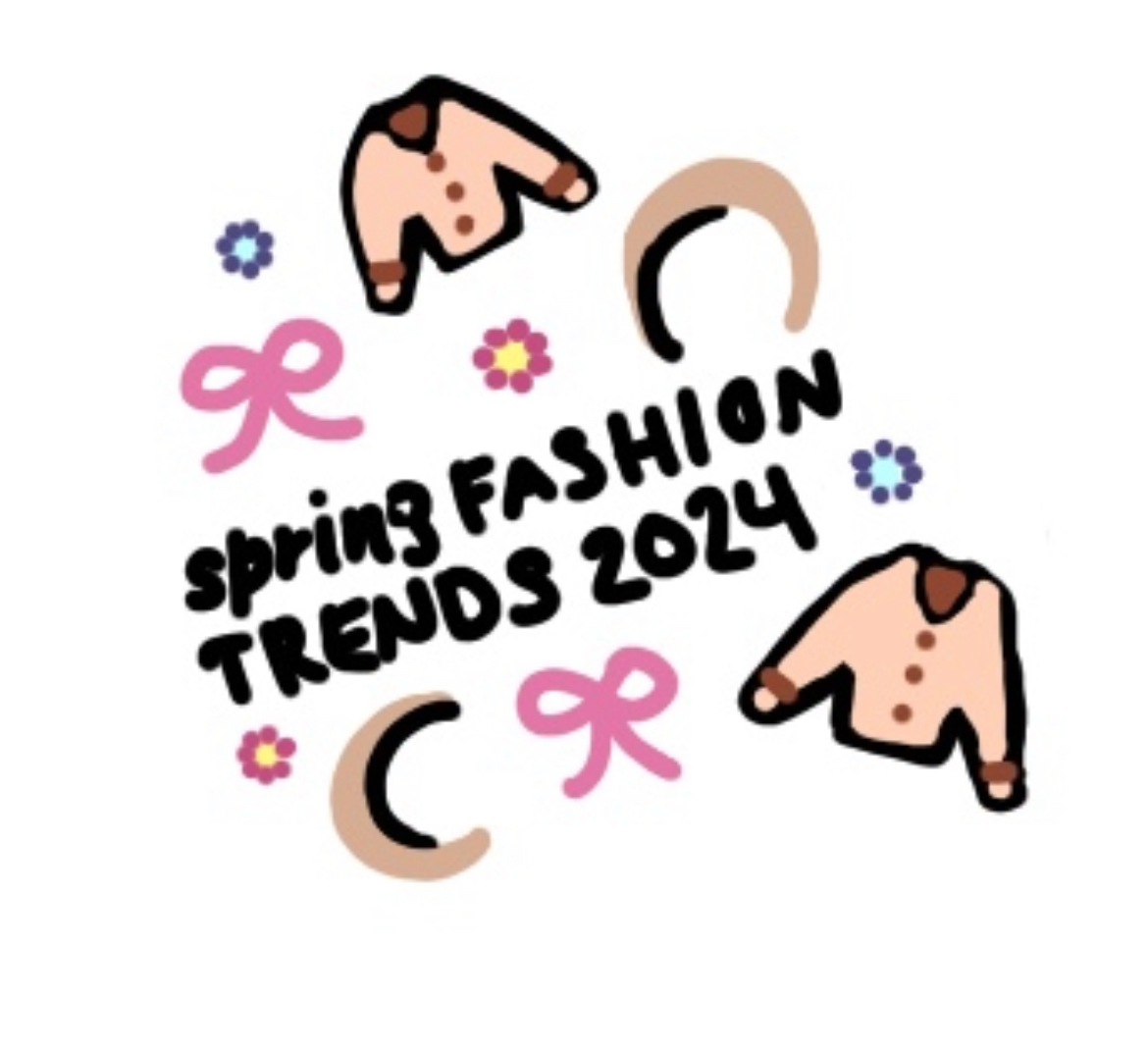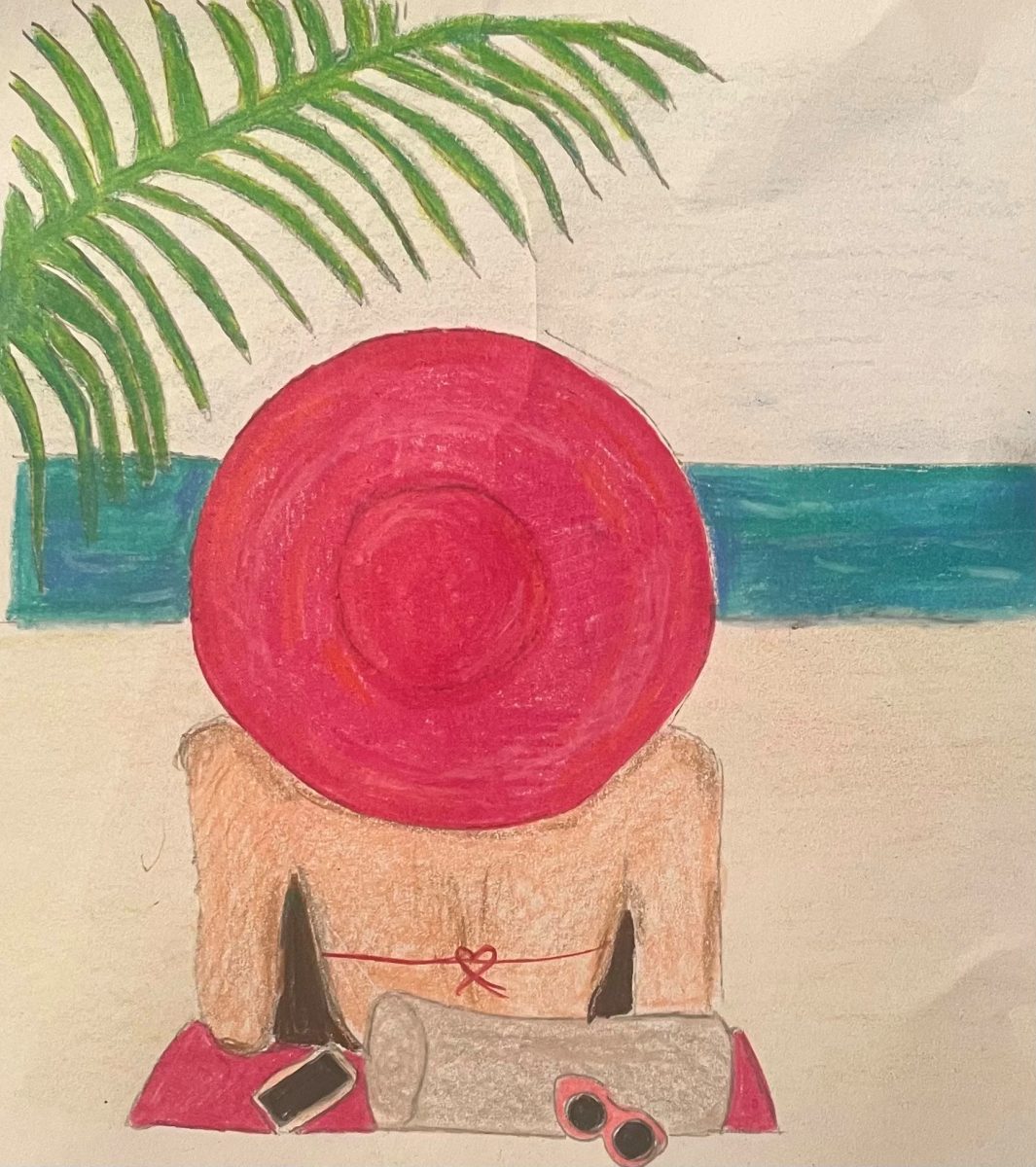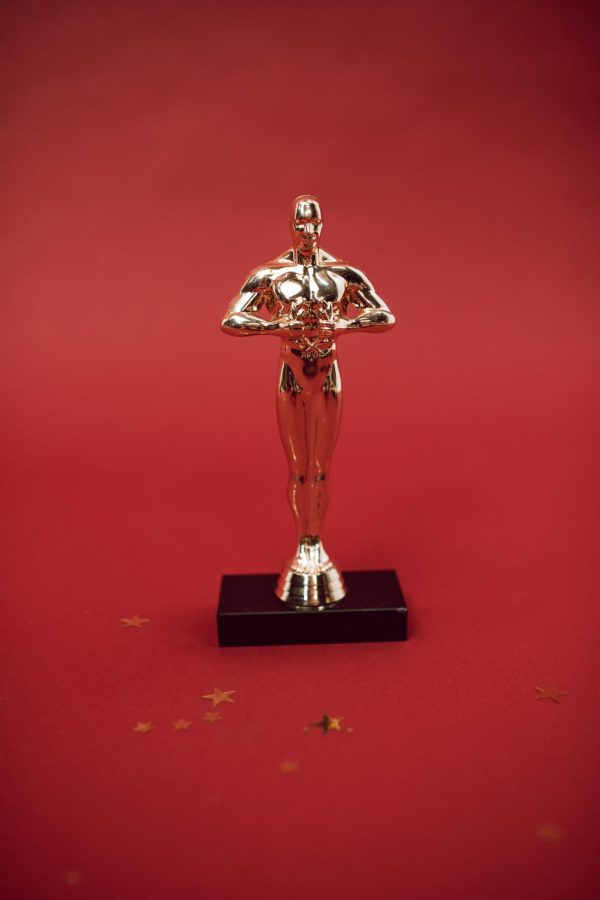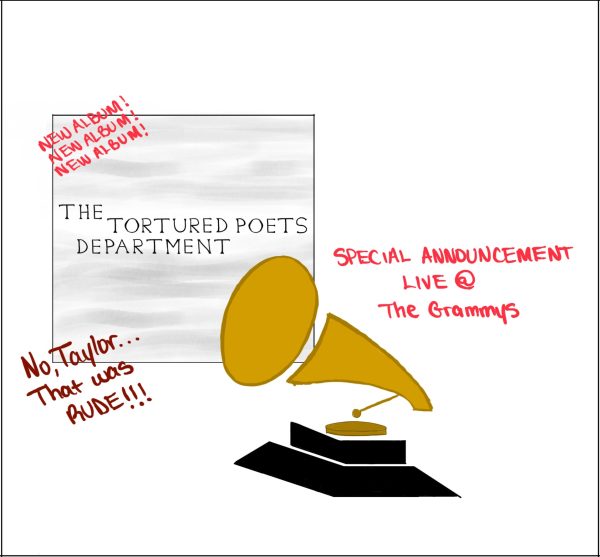Will Smith and the Oscars: How Far Should the Jokes Go?
A joke. A slap. Gasps heard around the world. This is what the 94th Academy Awards will be remembered for. Not for the historic wins of the night; not even for Will Smith’s incredible Best Actor win. But for an incident that has spawned everything from memes to deep discussions. The incident in question occurred at the Dolby Theater in Los Angeles on Sunday, Mar. 27, where the King Richard star Will Smith slapped comedian Chris Rock in the face after Rock made a tasteless joke about Smith’s wife, Jada Pinkett Smith. “Jada, I love ya. G.I. Jane 2, can’t wait to see ya,” Rock joked, initially making Smith chuckle but Pinkett Smith roll her eyes. The joke referenced Pinkett Smith’s shaved head and compared her to the character Demi Moore played in 1997’s G.I. Jane, where she shaved her head. Pinkett Smith has been vocal about her struggle with hair loss, caused by a condition called alopecia, prompting her to cut her hair. When Smith strode up to Rock and smacked Rock in the face, the seemingly forgettable joke Rock made was immortalized.
During the following commercial break, fellow stars Denzel Washington, Bradley Cooper, and Tyler Perry spoke to Smith and calmed him down. In his Best Actor speech, Smith apologized to the Academy and to the other nominees – but not to Rock himself. The following day, the Academy released a statement condemning Smith’s actions and opened a review that could result in severe punishment for Smith, as stated by People (people.com). According to AP News’ website (apnews.com), one possible punishment is expulsion, which would have Smith join the very small list of people ever expelled from the Academy, including Harvey Weinstein, Roman Polanski, Bill Cosby, and actor Carmine Caridi.
As of press time, Smith has resigned from the Academy and will “accept any further consequences the Board deems appropriate,” he said in a statement. He added, according to People, “I deprived other nominees and winners of their opportunity to celebrate and be celebrated for their extraordinary work. I am heartbroken. I want to put the focus back on those who deserve attention for their achievements and allow the Academy to get back to the incredible work it does to support creativity and artistry in film.”
With virtually the largest headline to come out of movies’ biggest night being one not focused on movies, one must start to wonder how far the joking about celebrities should go given its direct impact on causing celebrity drama. Not only was Rock’s joke harmful to Smith and his family, but also to the filmmakers and performers honored at the Oscars; celebrity drama takes away from the dignity of the artist as well as from the art itself.
Senior Jessica Fowler believes the joking should stop when “it deals with someone’s health,” she said. “If you really wanna make a joke, at least tell whomever you’re making a joke about so they don’t get as offended.” Sophomore Elena McDonald views award show drama as “silly and unnecessary” and believes the joking crosses a line when gets family or medical issues involved. Senior Jess Healey thinks public denouncements of celebrities that drag them down “create an environment to do worse rather than just make fun of them is when it goes too far.”
In addition to stealing the spotlight from the purposes of award shows, making crude jokes highlights what is wrong in society. Even though Smith has directly stated that crude jokes “are a part of the job,” celebrities still should be treated better as they too are humans, especially if the jokes are about medical conditions. Jokes should still be allowed at award shows, no doubt; the plummeting viewership of today’s award shows would take an even further nosedive if they were prohibited, not to mention how intolerably boring the shows would become. However, there should be a greater consideration for the person at the expense of the joke and the joke’s potential effects. If a comedian or a host believes the joke may cross the line, he or she should ask the celebrity if the joke is too offensive before using it on TV.
By being more mindful of jokes he or she tells at award shows, comedians or hosts can limit celebrity drama. Not only would this reduce the amount of controversy experienced at award shows, but also keep the focus on the honored subject and make award shows a kinder place to be.

Hey you! Thanks for checking out my profile. I am a member of the Class of 2024 and a storyteller at heart. I love to spend time with my family and friends,...









